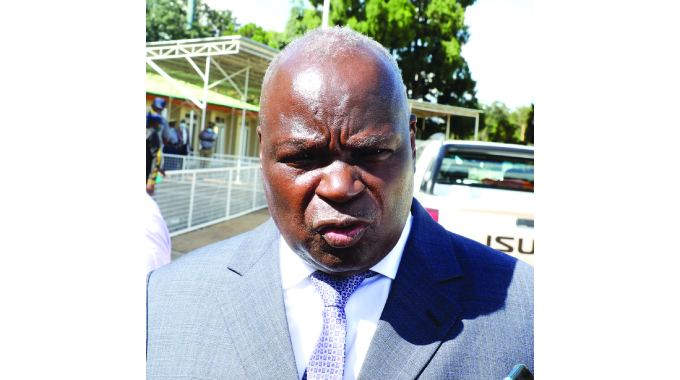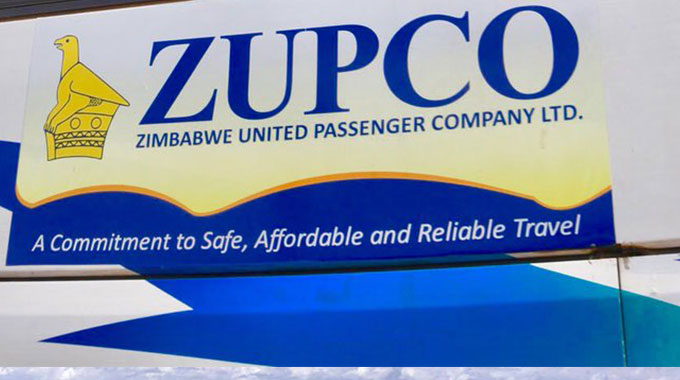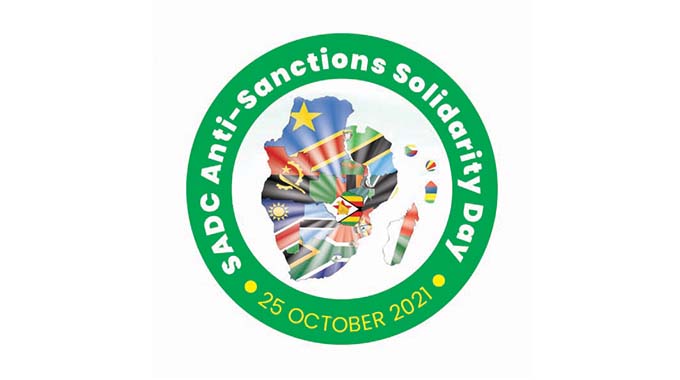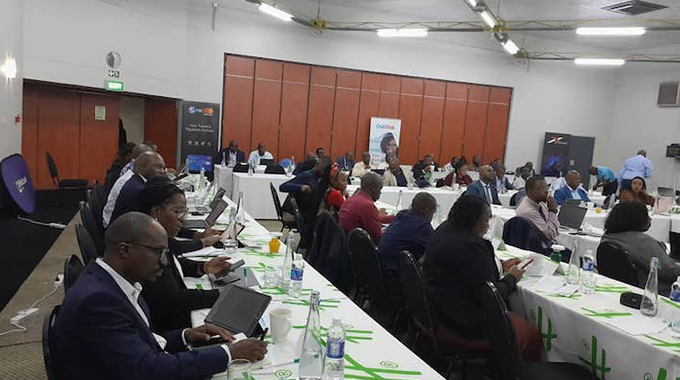High Court says kombi ban unlawful

Mashudu Netsianda, Deputy News Editor
THE High Court has ruled that the decision by Government to ban public transporters in urban centres from operating outside the Zupco ambit at the height of Covid-19 pandemic in 2020 was unlawful and irregular.
Government decreed that all public transporters in urban centres should be registered under the Zupco ambit as it brings sanity to the transport sector.
Since the beginning of lockdown in March 2020, only Zupco registered buses and kombis were allowed to transport commuters in terms of Covid-19 prevention, containment and treatment regulations.

covid-19
The ruling by Bulawayo High Court judge Justice Evangelista Kabasa follows a court application for review by Tshova Mubaiwa Co-operative Limited, through their lawyers, Mashayamombe and Company Attorneys, citing Government as a respondent.
In papers before the court, Vice-President Constantino Chiwenga, in his capacity as Health and Child Care Minister, was cited as the first respondent while Police Commissioner-General Godwin Matanga and Local Government and Public Works Minister July Moyo were cited as second and third respondents, respectively.

Minister July Moyo
President Mnangagwa was cited as the fourth respondent. Tshova Mubaiwa Transport Co-operative Company sought an order reviewing and nullifying Government’s decision.
Justice Kabasa ruled that Section 4 (2) (a) of the Public Health (Covid-19) Prevention, Containment and Treatment (National Lockdown) Order 2020 was unlawful.
“It is ordered that Section 4 (2) (a) of the Public Health (Covid-19) Prevention, Containment and Treatment (National Lockdown) Order 2020 is unlawful, irregular and invalid. It is hereby reviewed as and set aside and the first respondent to pay the costs of suit on the ordinary scale,” she ruled.
In his founding affidavit, the chairman of the board of directors of Tshova Mubaiwa Transport Co-operative Company, Mr Atlas Moyo argued that the decision by Government to ban kombis in terms of Section 4 (2) (a) of the Public Health (Covid-19) Prevention, Containment and Treatment (National Lockdown) Order of 2020, was irrational and an act of illegality.

Atlas Moyo
He said it violated their constitutional rights.
“This is an application to review and set aside Section 4 (2) (a) of the Public Health (Covid-19) Prevention, Containment and Treatment (National Lockdown) Order of 2020. The section of the regulation reads: ‘transport services, whether intra-city or inter-city, for the carriage of passengers shall be restricted to those provided by the parastatal company known as Zupco,” said Mr Moyo.
He argued that their organisation is a registered company operating in terms of the laws of the country hence its members have freedom of profession, trade or occupation which have been infringed by the regulation which restricts operations of its kombis to only those who register and operate under Zupco.
“Prior to the declaration of Covid-19 as a State of Disaster, the applicant carried on business as a public transport service provider without restrictions. It was a direct competitor in the market with Zupco. In order for it to ply urban routes each vehicle had to be issued with the permits, licences and authorisations and our members religiously complied with those requirements,” said Mr Moyo.

“The applicant contends that Section 4 (2) (a) of the Public Health (Covid-19) Prevention, Containment and Treatment (National Lockdown) Order of 2020 is unlawful to the extent that it violates its rights to fair administrative action.”
Mr Moyo said in direct comparison, commuter omnibuses and buses operating under Zupco franchise have no designated pick up and drop off points resulting in them causing a constant barrier for free flow of vehicular and human traffic.
“The rationale behind the National Lockdown regulations is to prevent and contain the spread of Covid-19. Applicants and its members are able to strictly comply with social distancing regulations. Equally, applicant and its members are able to sanitise their vehicle twice daily as required and to ensure that all passengers wear face masks and have their temperatures checked before boarding,” he said.
Mr Moyo said Zupco was failing to meet the demand resulting in commuters spending long hours in queues waiting to board buses.

“In the circumstances, applicant would submit that the administrative actions taken by Health Minister Dr Moyo in setting a precondition for resumption of operations as joining Zupco is devoid of lawfulness, rationality and fairness. It is not a decision taken in good faith with the legitimate intentions of preventing, containing and treating Covid-19,” he said.
Mr Moyo said the decision by Government was designed to establish Zupco, which all along has been a competitor, as a monopoly in the market. “Applicant submits that it has shown good and sufficient cause for the relief it seeks. In the premises, the application seeks an order declaring Section 4 (2) (a) of the Public Health (Covid-19) Prevention, Containment and Treatment (National Lockdown) Order of 2020 as being unlawful, irregular and invalid. Consequently, it should be reviewed and set aside,” he said.
Tshova Mubaiwa has been providing intracity transport services for the past 34 years. The organisation has 1 635 kombis registered under its franchise.
Government, through the Attorney General’s Office, opposed the application.
In his opposing affidavit, Minister Moyo said the decision to engage Zupco as the sole public transport provider was done to mitigate and control the spread of Covid-19.
“We took into account the fact that most public transport operators do not comply with the stipulated passenger load. Again, the compliance with the 50 percent capacity loading would virtually render the non-subsidised private transport non-viable,” he said.
“The operators who are working with Zupco are being subsidised by Government and they undergo additional vehicle and driver testing at CMED.”
Minister Moyo argued that the restrictions which were put in place by Government did not specifically target transport operators only.
“The measures also affected all socio-economic sectors. However, all this is done to combat the spread of Covid-19 and guidelines have been provided on Section 4 of the Statutory Instrument 77 of 2020 on how public transport operators should operate,” he said.
Minister Moyo said the decision to engage Zupco as the only operator was not for it to enjoy monopoly, but support service and ensuring essential service workers were ferried to work.
“The country is not yet clear of Covid-19 outbreak and therefore, the lockdown regulations have gone a long way in containing and preventing local transmission of the virus,” he said.
“To set the record straight, as minister responsible for urban transport I did not issue any statement banning or withdrawing operating licences from members represented by the applicant.”












Comments